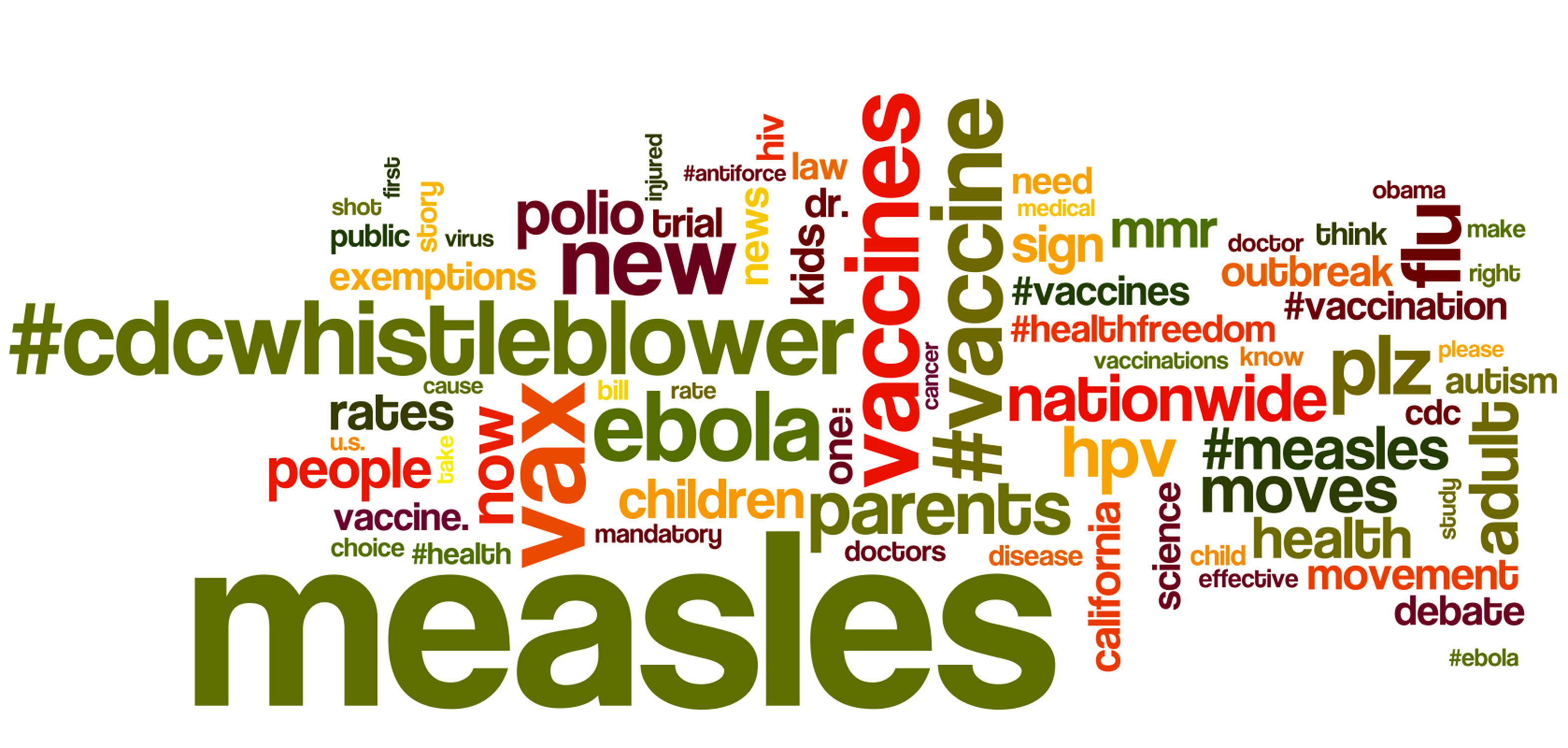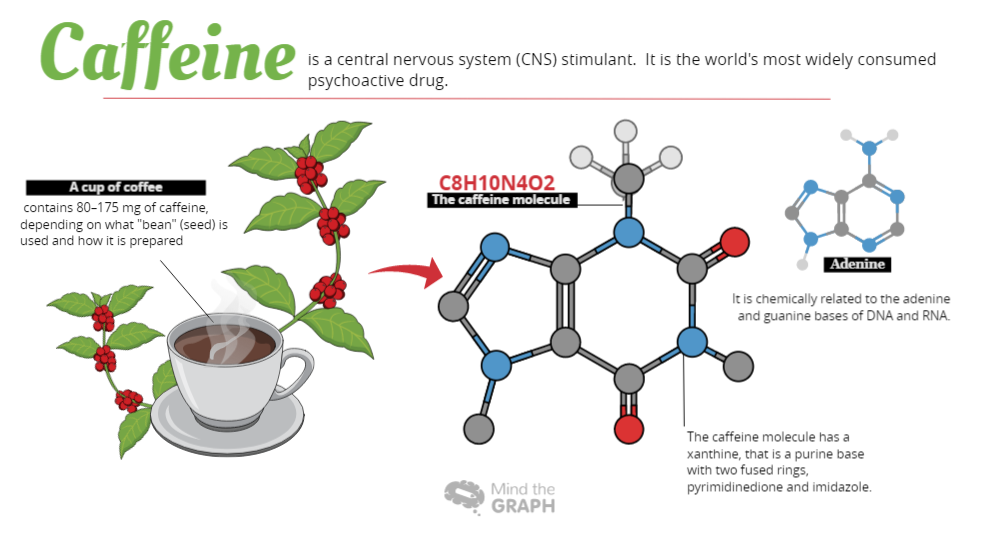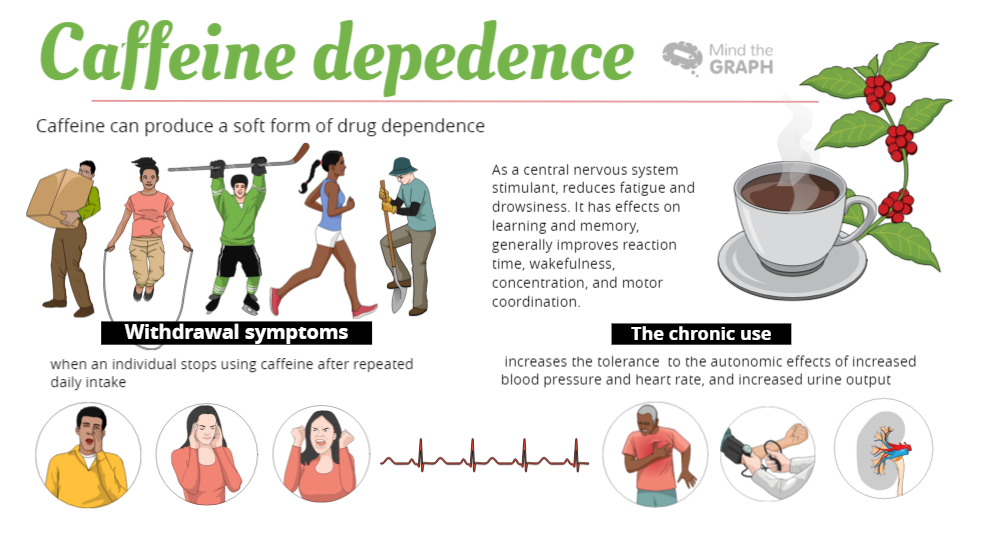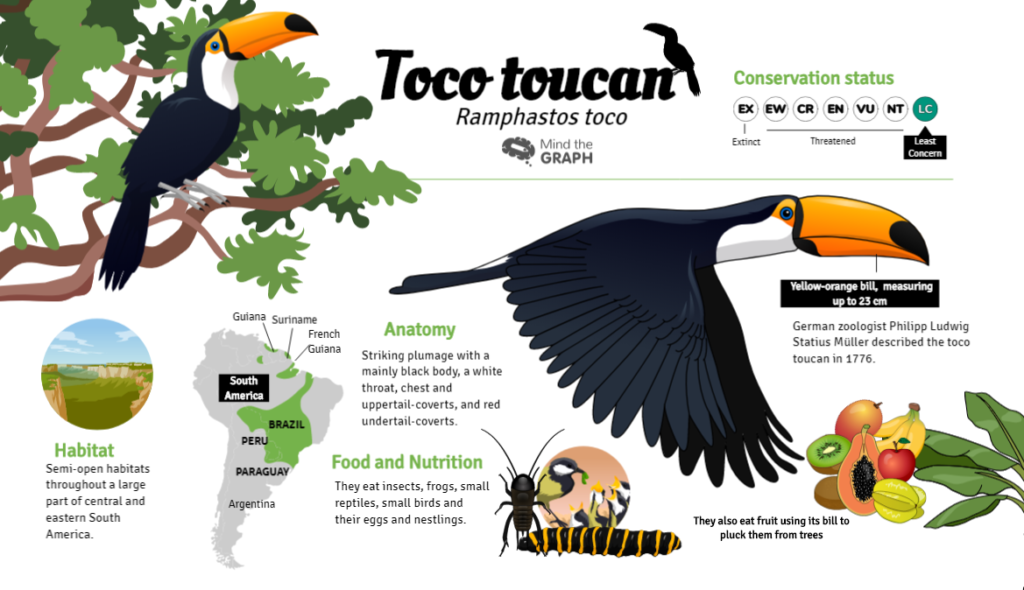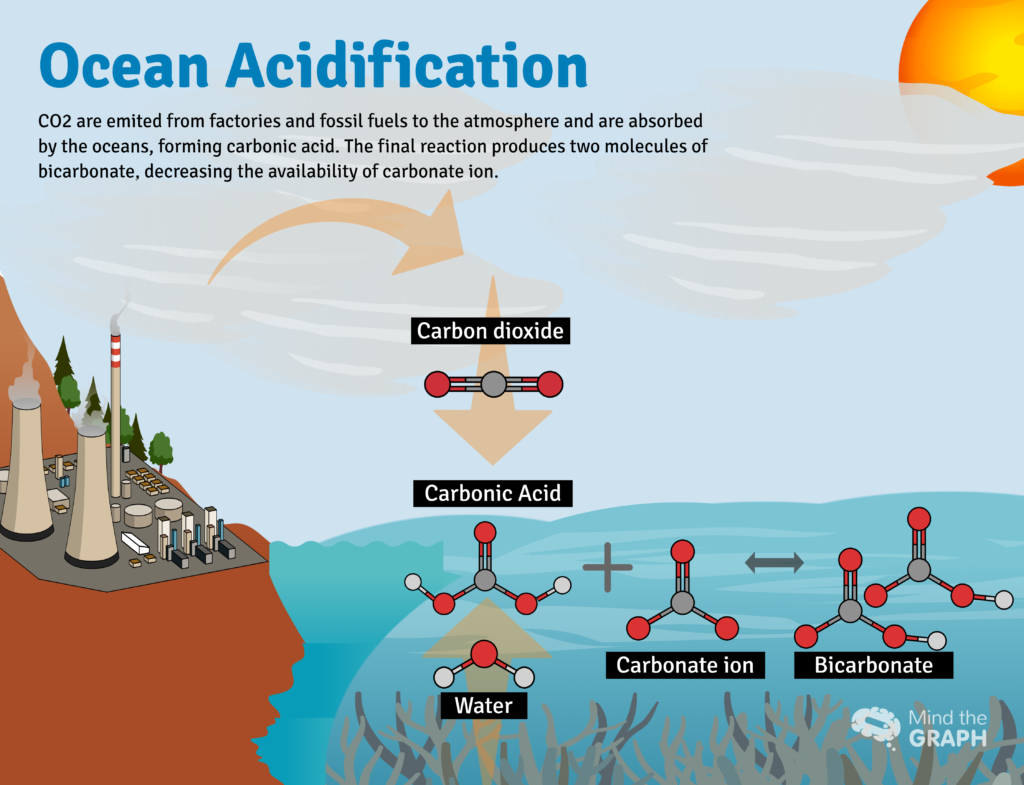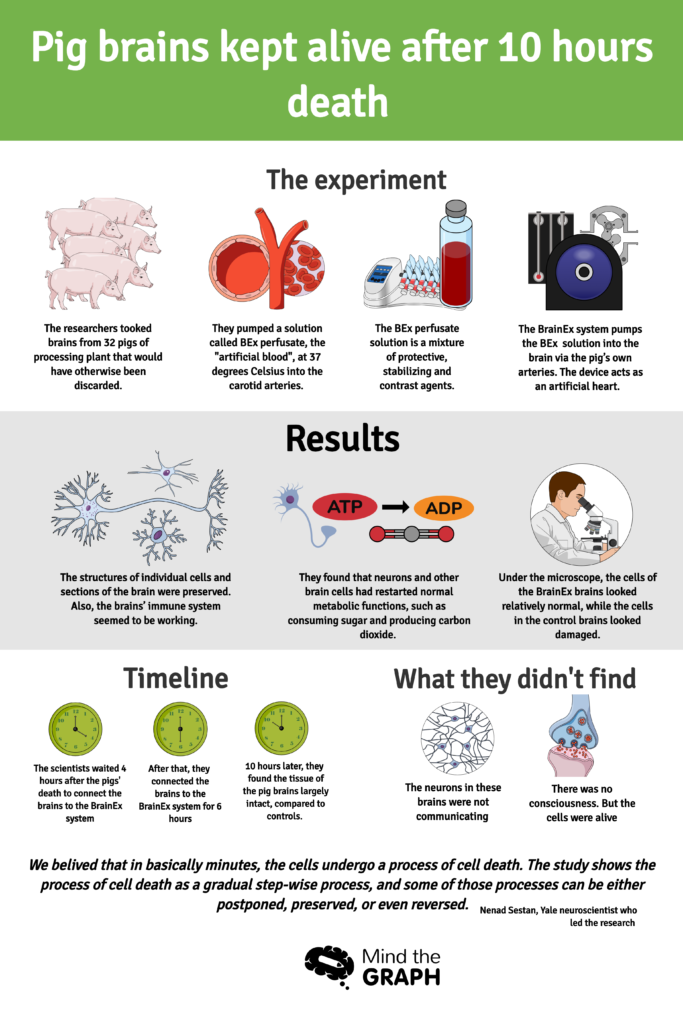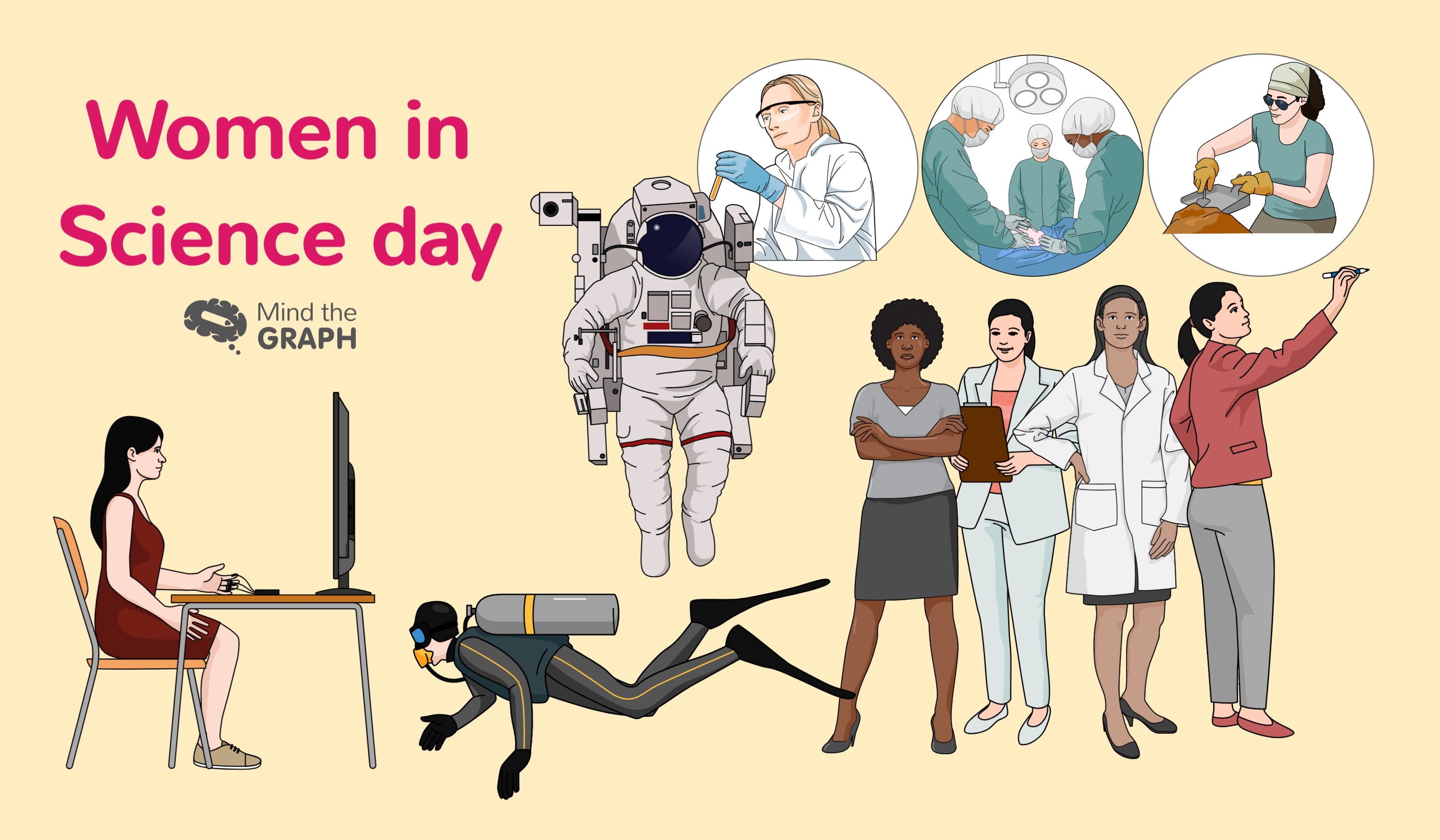Science can change the world. This mean that we as scientists have an enormous power. But, how many people knows about our research? Also, how many people we are impacting with our data? If we want to improve our society through science, we need to talk about science communication.
Researchers are not shaping today’s public debates. Worst, we are watching pseudoscience and fake news arising in our society. We have all the scientific knowledge to prevent several diseases like measles. And yet, children are still dying because of it. What is the problem? Our knowledge is not reaching a lot of people. Instead, we are even struggling to communicate science with other scientists.
Ifølge en interessant artikkel fra The conversationer våre vitenskapelige data "largely sitting in academic journals that are read almost exclusively by our peers. Det anslås at en gjennomsnittlig tidsskriftartikkel ikke blir lest i sin helhet av mer enn ti personer". I tillegg til det, "Det publiseres opptil 1,5 millioner fagfellevurderte artikler årlig. Men mange av dem blir ignorert selv i vitenskapelige miljøer - 82% av artiklene som publiseres i humanistiske [tidsskrifter], blir ikke engang sitert en eneste gang."
Jeg har allerede skrevet om hvordan man kan forbedre forskningskommunikasjonen i akademiske miljøer. Så du kan lese mer om det:
- Forklare vitenskap for andre mennesker
- Veiledning: Hvordan lage et grafisk sammendrag for Elsevier
- Slik planlegger og utformer du et grafisk sammendrag i tre trinn
Men hvordan kan man forbedre forskningskommunikasjonen til et bredt publikum?
Samtalen handlet om et "intellektuelt oppdrag". Ifølge artikkelen, “some academics insist that it’s not their job to write for the general public. They suggest that doing so would mean they’re “abandoning their mission as intellectuals”. They don’t want to feel like they’re “dumbing down” complex thinking and arguments. The counter argument is that academics can’t operate in isolation from the world’s very real problems.”
Let me ask you, what happen when you explain to general people what you do for a living? How easy is it? Do you sound like you are speaking a different and boring scientific language? Or do you sound like a crazy scientist doing weird experiments just like in the movies?
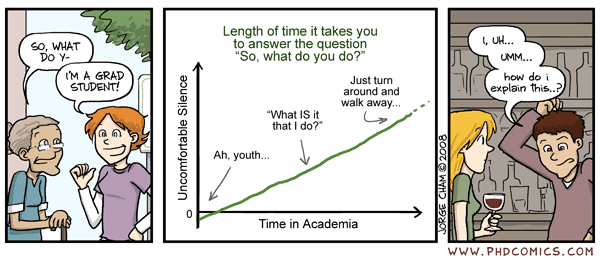
But reaching the general audience is the key to fight against pseudoscience. When we realize the importance of science, we understand that is part of our job share our results in an understandable way.
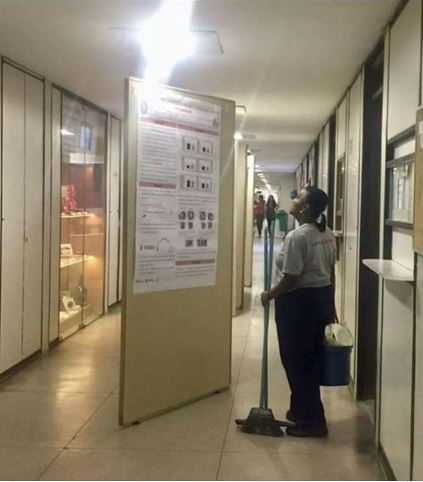
We created Mind the Graph after recognize the science communication gap and understand the importance of change that. We propose an eye-catching approach through visual resources as scientific illustrations. So, our platform aims to empower scientists and connect people using an understandable and interesting language. Look some examples of creations made using Mind the Graph:
Du kan lese mer om det på:
- Nevrologiske lidelser: bruk medisinske illustrasjoner til å kommunisere med pasientene dine
- Undervisning i naturfag: 03 måter å forbedre undervisningen på
- Kjemisk struktur: Bruk av illustrasjoner for å forklare kjemi
Hvis du er enig i at vi må forbedre forskningskommunikasjonen og samtidig ønsker å nå ut til flere, kan du prøve Mind the Graph gratis:

Abonner på nyhetsbrevet vårt
Eksklusivt innhold av høy kvalitet om effektiv visuell
kommunikasjon innen vitenskap.

